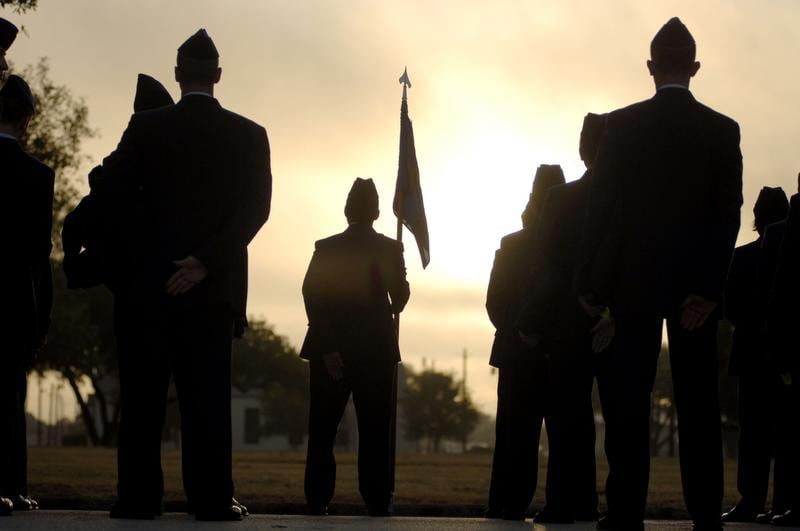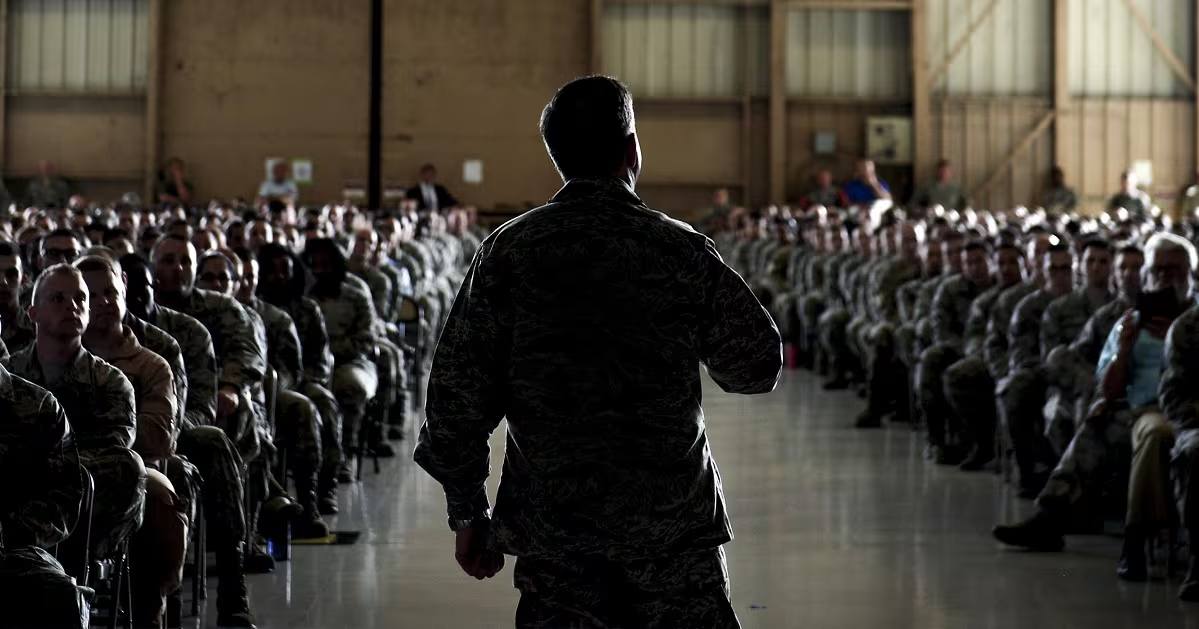In my capacity as “Ned Stark,” I have received e-mails from several individuals stationed at different bases across the Air Force asking for my help because “the system” has failed them. These individuals represent just about every rank and demographic, even colonels. The Inspector General’s Office and the Equal Opportunity Office exist to prevent abuses through education and investigation of reports of misconduct that fall within their respective purviews. Together, they are supposed to address times when people do not conduct themselves as they should.
Unfortunately, unethical leaders and disgruntled subordinates have weaponized IG and EO processes to punish people for personal reasons. Ironically, the very safeguards that are supposed to ensure a safe and fair work environment are being used to create an atmosphere of fear and intimidation. I’m writing because it’s become clear to me that the system is failing both the accused and the claimant.
RELATED

Many supervisors shy away from holding subordinates accountable for fear of EO or IG complaints. Leaders know that an unresolved allegation or investigation effectively stops any consideration for decorations, promotion or leadership opportunities. Mere claims of misconduct are sufficient to taint the accused’s reputation.
The allegations leveled at Gen John Hyten serve as an excellent example. Some people have recently asked me if I think someone accused of sexual assault is fit to be vice chairman. If we hold true to the Constitutional ideal that individuals are innocent until proven guilty, then unsubstantiated allegations should not be sufficient to ruin the reputation or career of anyone, let alone an officer who has honorably served the nation for decades. People should not be treated as guilty until proven innocent, but that is what is happening in today’s military.
Every IG and EO office knows its “frequent filers,” those people who frequently report on supervisors and others without evidence just to punish or intimidate. These fraudulent accusers know how to time their reporting to maximize the punishment on their target. Why does this persist? Because it works. There’s no requirement to provide evidence, nor are there any penalties for making false accusations. Current guidance dictates that any request to provide evidence is a barrier to reporting. I argue it’s only a barrier to false reporting. The burden should be on the accuser to provide evidence of misconduct before the accused has to prove innocence.
Leaders are not always the victims of false reporting. The system is also failing reporters of legitimate issues who are subsequently the targets of subtle and potentially career-ending retribution.
Many of the people who have e-mailed me about their concerns report a profound sense of fear and hopelessness. In many instances, these individuals attempted to report issues to their base-level IGs. Those base IGs purportedly recommended these individuals not report the behavior because it would accomplish nothing and would only serve to harm the professional prospects of the claimant. Complaints are supposed to be anonymous, but there are usually details revealed during the process that can enable the accused to identify the complainant.
RELATED

While there are whistleblower protections, the system detects and responds to actions taken, not the absence of action. There’s nothing in place to mitigate against the indirect consequences of leader inaction, such as withholding promotion recommendations or job opportunities. This is particularly damaging to active duty members who cannot apply for new positions or opportunities unlike their civilian and total force counterparts. Even if those leaders move or are removed, the damage has been done. Consequently, many people who should report immoral and unethical behavior do not.
There are some great people out there doing their best in the EO and IG offices. They work hard every day to protect people, but the processes we have in place are failing the people they should be protecting. What hope can a legitimate victim have if the IGs don’t believe the system will work? It’s morally wrong to ask people to use and trust a system that is so inherently flawed. Put another way, some of the current IG and EO processes contribute to a lack of accountability that is undermining good order and discipline across the force.
To improve, the Air Force needs a system that protects the future of legitimate reporters of misconduct, penalizes those who make false reports, and presumes innocence of the accused. As things stand, the Air Force is penalizing people of character and empowering the unscrupulous. I have reason to believe this is a bigger issue than just the Air Force but that’s no excuse. The Air Force must do better.
Col. Jason Lamb, the director of intelligence, analysis and innovation at Air Education and Training Command, Joint Base San Antonio-Randolph in Texas, is the author of several commentaries on leadership in the Air Force, written under the pseudonym “Col. Ned Stark.” The opinions expressed are his own and do not necessarily reflect the views of Air Force Times or its staff.




